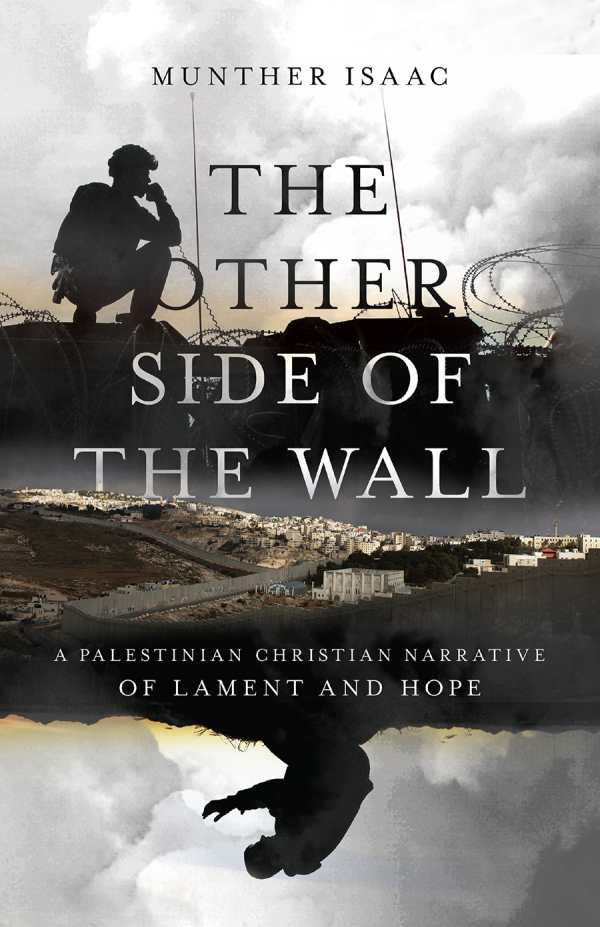The Other Side of the Wall
A Palestinian Christian Narrative of Lament and Hope
The Other Side of the Wall is a passionate, compelling book that broadens conversations regarding Israel-Palestine to include Palestinian Christians.
Theologian and Palestinian Christian Munther Isaac addresses the conflict with a clear eye, his perspective informed by the Bible. He shares his personal struggles, including being disinvited to a conference with the argument that his presence would be “too political.” Disappointments and a sense of being silenced run throughout.
Elements of theological exposition, biblical study, and cultural commentary are used to argue that the Israel-Palestine conflict is not a two-sided affair as it is often portrayed, but one that includes groups beyond the region’s Muslims and Jews. Isaac insists that Israel-Palestine is a political conflict for which religion is a convenient cover; he asserts that Israel controls Palestine’s land and access to water, and that Israel enforces security measures upon it. Yet, he argues, the land really belongs to God. Isaac wonders how God will judge people based on their actions toward the least and the lost, and says that justice is lacking in the Holy Land.
From Isaac’s perspective, evangelical churches in America are culpable in the continuation of the conflict because of their “Christian Zionist” imperial theology. He asserts that such churches have much to gain from the conflict continuing. Events like the Trump administration’s decision to declare Jerusalem Israel’s capital are used to show the influence that Christian Zionists have on world events.
The text dismantles Christian Zionism brick by brick, arguing that God’s support for Israel is linked to concepts of justice for all people, not just the Jewish people. Within this work, Isaac’s language is sometimes strident, but it is informed by a lifetime of having been left out of conversations.
The Other Side of the Wall is a powerful, necessary text that demands a reconsideration of the Israel-Palestine conflict.
Reviewed by
Jeremiah Rood
Disclosure: This article is not an endorsement, but a review. The publisher of this book provided free copies of the book to have their book reviewed by a professional reviewer. No fee was paid by the publisher for this review. Foreword Reviews only recommends books that we love. Foreword Magazine, Inc. is disclosing this in accordance with the Federal Trade Commission’s 16 CFR, Part 255.

